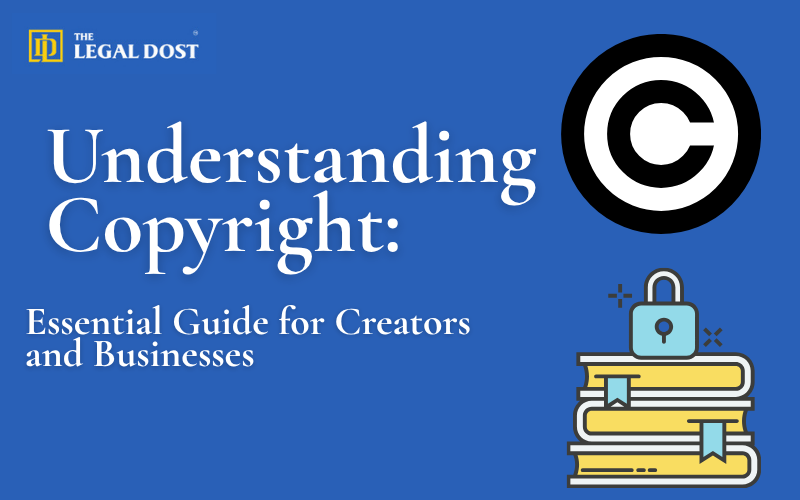What is Copyright and Why Does It Matter?
Copyright is a legal protection granted to the creators of original works, such as literature, music, art, and software. It gives the creator exclusive rights to use, reproduce, and distribute their work, preventing others from doing so without permission.
Understanding copyright is crucial for creators and businesses alike, as it safeguards intellectual property and fosters an environment where creativity can thrive. By knowing your rights, you can effectively protect your creations and avoid potential legal disputes.
Exploring the Types of Copyrightable Works
Copyrightable works include a wide range of creations, such as books, paintings, photographs, music compositions, films, and software programs. Each of these categories has specific criteria that must be met for copyright protection to apply.
It’s important for creators to recognize the different types of works that can be copyrighted, as understanding these categories can help in determining how to protect various aspects of their creations effectively.
How to Register Your Copyright: Step-by-Step Guide
Registering your copyright involves a straightforward process. First, you need to complete an application form, which can typically be done online through the www.copyright.gov.in website. Next, you’ll need to submit a copy of the work you wish to register and pay the required fee.
Once your application is submitted, the Copyright Office will review it. While copyright protection is automatic upon creation, registration provides additional legal benefits, such as the ability to sue for infringement and eligibility for statutory damages.
Common Copyright Infringements and How to Avoid Them
Common copyright infringements include unauthorized copying, distribution, and public performance of copyrighted works. These actions can lead to legal consequences and financial penalties for those who infringe on copyright.
To avoid copyright infringements, creators and businesses should implement clear policies regarding the use of copyrighted materials and seek permissions or licenses when necessary. Additionally, educating team members about copyright laws can help foster a culture of respect for intellectual property.
Navigating Copyright in the Digital Age: Challenges and Solutions
The digital age presents unique challenges for copyright protection, especially with the ease of sharing and distributing content online. Issues such as piracy, unauthorized downloads, and digital reproduction can undermine the rights of creators.
To navigate these challenges, creators and businesses must stay informed about digital copyright laws and utilize technology to protect their works, such as watermarking and using digital rights management (DRM) systems. Additionally, fostering public awareness about copyright can help in creating a more respectful digital environment.
The Reverse Charge Mechanism (RCM) is a tax collection method under GST where the recipient of goods or services, instead of the supplier, is responsible for paying the GST directly to the government.
RCM applies to transactions such as legal services, goods transport agencies (GTA), e-commerce operators for certain transactions, import of services, and purchases from unregistered suppliers.
Yes, businesses can claim ITC on RCM payments. They must first pay the GST liability, report it in GSTR-3B, and then claim ITC in the subsequent eligible return.
Under RCM, businesses must pay GST upfront, which can create short-term cash flow constraints. However, they can later claim ITC to offset this cost.
Businesses must issue self-invoices, pay GST on applicable transactions, report RCM transactions in GSTR-1 and GSTR-3B, and maintain digital records as per updated compliance standards.
Failure to comply with RCM regulations can lead to higher penalties, interest on unpaid tax, and stricter audits as per the revised GST laws in 2025.
Key updates include expanded coverage of digital and gig economy services, automated verification for RCM payments, stricter penalties for non-compliance, and simplified ITC claim processes.


